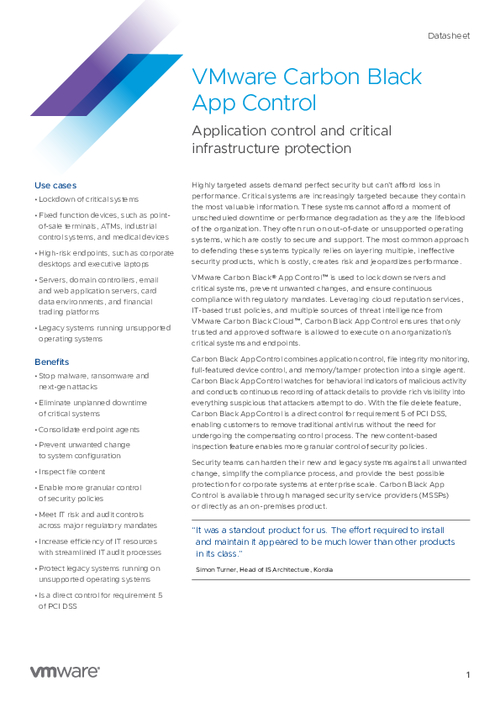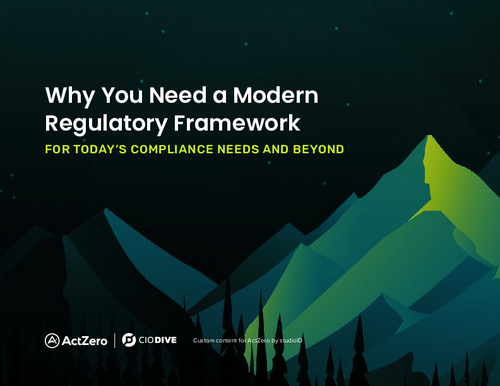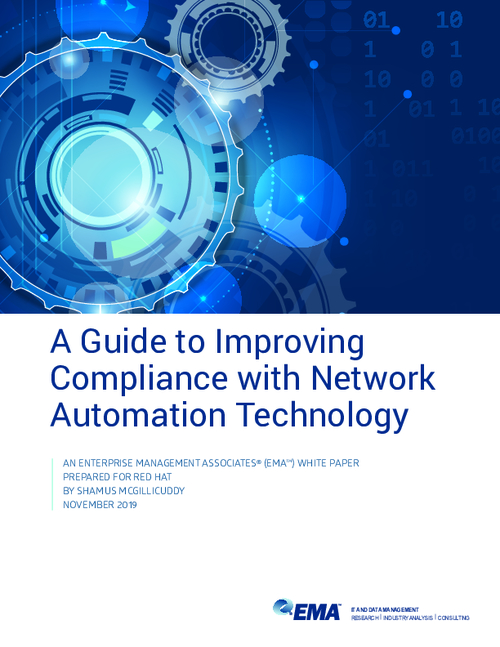Blockchain & Cryptocurrency , Cryptocurrency Fraud , Fraud Management & Cybercrime
New York Court Shuts Down Crypto Platform 'Coinseed'
State Prosecutors Charged Company With Defrauding Thousands of Investors
New York officials won a court order shuttering cryptocurrency trading platform Coinseed, after it allegedly defrauded thousands of investors out of millions of dollars, according to State Attorney General Letitia James. The court awarded a $3 million judgment against Coinseed and its founder and CEO, Delgerdalai Davaasambuu.
See Also: Revolutionizing Cross-Border Transactions with Permissioned DeFi
Some security experts say these Ponzi scheme-type activities may persist in the absence of mutually agreeable regulations adding more investor protections around fraud.
New York prosecutors say through Coinseed's mobile app, which was available on the App Store and Google Play Store, the platform illegally sold securities and improperly acted as a broker-dealer, and traded in investors' accounts without permission, even blocking account access. Officials say the activity also proceeded after the operation was hit in February with a lawsuit from James' office, which accused Coinseed of violating the state's powerful Martin Act, an anti-fraud law that grants the state attorney general expansive powers to conduct securities fraud investigations.
Prosecutors say Coinseed - which grew its network to between 4,000 and 5,000 investors - funneled client funds into the digital currency dogecoin without consent, causing losses for investors in a matter of hours.
A spokesperson for the New York state attorney general's office declined to comment further. Coinseed's initial attorney of record, Jason Gottlieb, with the firm Morrison Cohen LLP, tells Information Security Group his firm no longer represents Coinseed after being granted a motion to withdraw from the case.
Karl Steinkamp, director of PCI product and quality assurance for the security firm Coalfire, tells ISMG, "Given that crypto assets continue to be white-hot, I would suspect we will continue to see more of these occurrences."
Court Order
The court order - issued Sept. 9 by New York State Supreme Court Justice Andrew Borrok - appoints a permanent receiver to process investors' funds and permanently halts operations, following a preliminary injunction granted in June.
James' office originally filed suit against the platform, Davaasambuu and former Chief Financial Officer Sukhbat Lkhagvadorj in February. James says in subsequent months, Coinseed "continued [its] fraud and commenced additional fraudulent conduct," even offering a new virtual currency.
"For years, Coinseed and its CEO have engaged in egregious and fraudulent activities that have cheated investors out of millions," James says. "In defiance of court orders, this company has continued to operate illegally and unethically, holding investors' funds hostage and underscoring the dangers of investing in unregistered virtual currencies."
Coinseed Activity
In its lawsuit, New York officials said that through an initial coin offering, or ICO, in 2017, which allowed investors to purchase Coinseed tokens, the company sold securities and thus should have registered as a broker-dealer. State prosecutors also accused Davaasambuu of fabricating his experience to market the platform.
Additionally, in a May court filing, James wrote, "The defendants, without authorization, moved every investor's holdings into one single, extremely volatile virtual currency (named Dogecoin) which rises and falls dramatically in price in a matter of hours."
State Assistant Attorneys General Brian Whitehurst and Amita Singh say their office has received more than 175 investor complaints.
In complaints documented in court filings, users said they were unable to withdraw their Coinseed funds - including when investors held assets well north of $100,000. Several investors said due to unauthorized trades, they lost tens of thousands of dollars overnight.
The receiver will now "obtain, safeguard and return all assets invested and traded through Coinseed," prosecutors say.
Initial Response
In June, Davaasambuu reportedly called James' legal action "immensely mournful and frustrating" while denying the allegations, according to Coin Desk. The CEO reportedly encouraged users to "annoy" James' office and said the platform would offer a free token, "FLJ," an acronym for derogatory language aimed at the state's head attorney.
In a statement now inaccessible, the Coinseed CEO also reportedly called James a "business-abuser" and blamed New York's cryptocurrency policies for his company meeting legal action, according to CBS News.
James stated earlier this year: "My office will … not hesitate to protect investors' wallets against all those who seek to defraud them."
The Securities and Exchange Commission also hit Coinseed in a parallel suit, saying it had failed to file a registration statement or acquire an exemption for the ICO between 2017 and 2018.
One of the Most Egregious Cases?
Coalfire's Steinkamp says the Coinseed dealings follow a pattern similar to the recent case against defunct platform BitConnect, which the SEC has charged with defrauding investors out of $2 billion (see: SEC Charges BitConnect on $2 Billion Fraud Scheme).
Steinkamp adds, "As yet another Ponzi scheme, investors were promised to earn a percentage of the revenue of Coinseed fees associated with referring new people to the platform and by their digital asset purchases."
Michael Fasanello, who has served in various roles within the U.S. Justice and Treasury departments, including for Treasury's Financial Crimes Enforcement Network, or FinCEN, says, "This case is one of the most egregious to date, because the defendants were already under investigation by the New York attorney general and had received an injunction from the court, when they ignored those sanctions and began actually trading investors' accounts without permission."
Fasanello, currently the director of training and regulatory affairs at the firm Blockchain Intelligence Group, adds that the Coinseed activity highlights the "substantial risk associated with the controlling parties of the platforms or exchanges on which these assets are held."
















